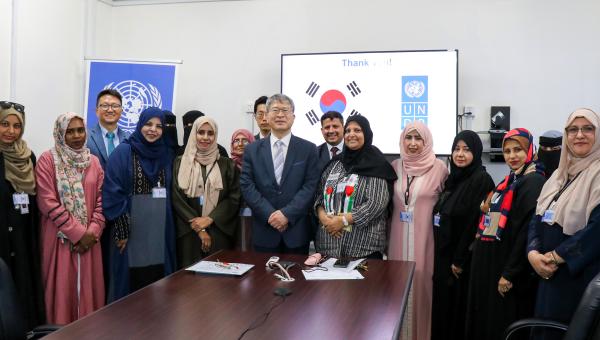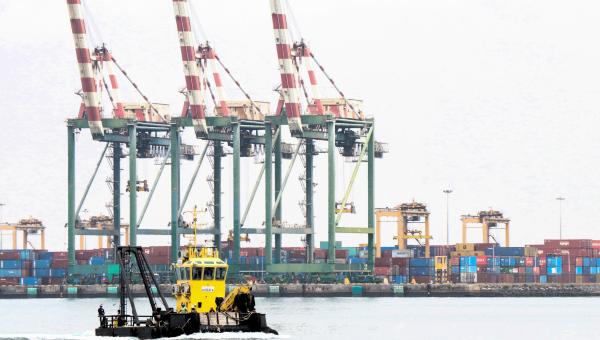
Focus Area
Governance and Peacebuilding
Challenges in Yemen
In today’s Yemen, characterised by a weak central state, local governance rests mostly with of those local authorities that still have some level of functionality, and more ad-hoc coalitions of formal and informal actors. The work on sustaining these structures, enhancing their inclusiveness and increasing their effectiveness is therefore essential. UNDP’s interventions will focus on upscaling and deepening UNDP’s support to a country-wide inclusive local governance system, anchored on formal local authorities, that can deliver a range of gender-responsive basic services, promote inclusive economic recovery and development, foster social cohesion, and rebuild trust in the state. Given the multiple and interrelated dynamics in the ongoing conflict, the restoration of peace in Yemen is also inextricably linked to the restoration of safety, security and the rule of law. Without access to peaceful conflict resolution mechanisms - traditional or statutory - progress towards socio-economic development will be severely hampered. In addition, the resilience of the Yemeni population cannot depend only on self-help capacities and humanitarian aid: it also needs that can deliver services and secure social cohesion more effectively. Local authorities’ own suffers from the prolonged effects of the conflict. More attention needs to be given to their resource and capacity needs and to the quality of their governance. The level of between local authorities in terms of their capacities and outputs is exacerbated by the conflict; this can be an important source of tensions in itself.
Responding to crisis
As part of supporting local governance in Yemen, UNDP aims to foster responsive and accountable local governance, led by legitimate local authorities and working closely with other local actors. These can be materialized through following interventions:
- deliver a range of basic services and foster sustainable recovery;
- increase assess for Yemenis, in particular the most vulnerable towards critical public services for socio-economic resilience and social cohesion;
- more effective central-local and horizontal relations between local governance stakeholder contribute to stabilization.
To support the rule of law in Yemen, UNDP takes a phased and evidence-based approach, building on an inception period of assessing safety, security, protection and justice needs, institutional capacities and implementing partners to deliver a balance of supply- and demand-side interventions. The strategy works towards supporting preparedness for rapid support to police redeployment, and security and justice services where conditions permit. The sector-wide approach will ensure that Yemen’s rural and urban areas receive support based on their needs and existing capacities. Support to the security sector, particularly the police and coast guard, will focus on the development of the operational and planning capacity through enhanced human resources management, training and infrastructure development. At the community level, UNDP will continue to facilitate the establishment of a community policing system aimed at enhancing security, protection and trust.

 Locations
Locations












